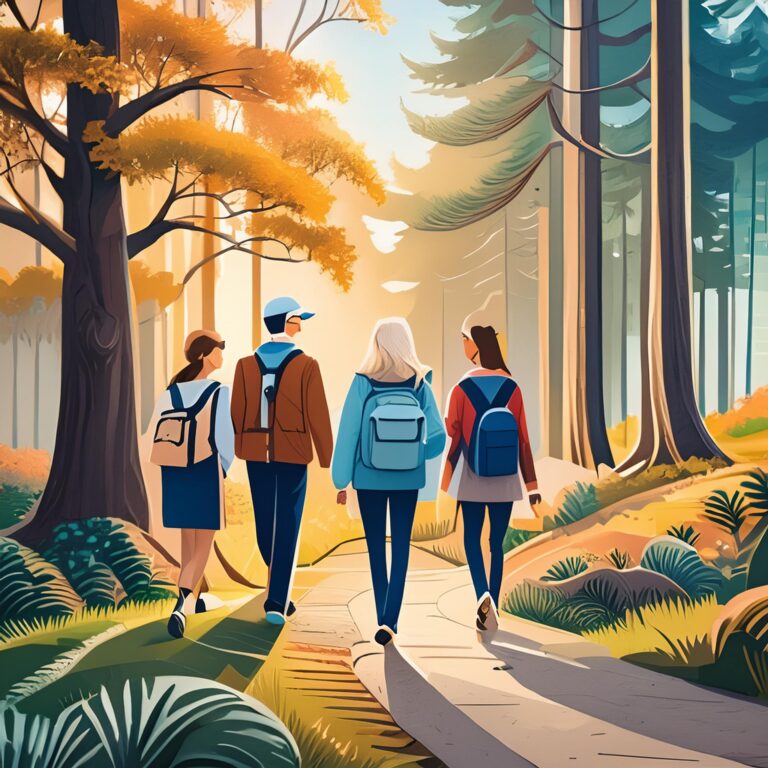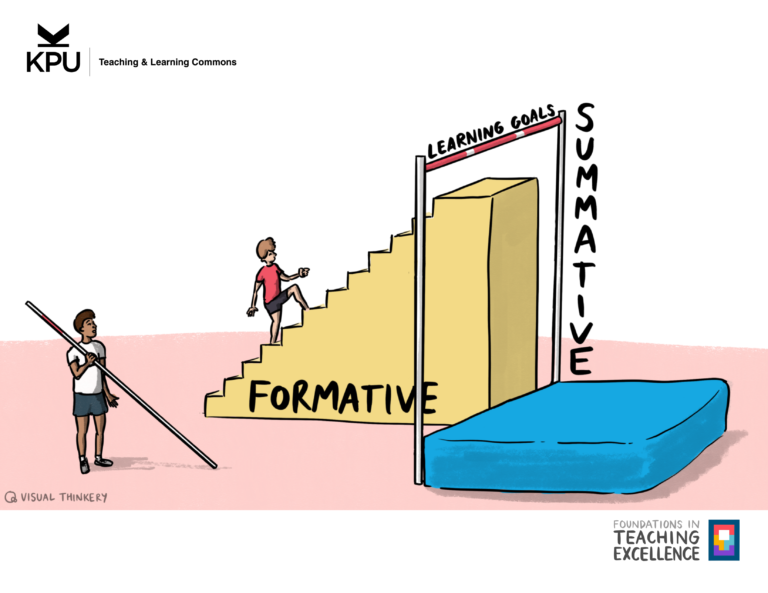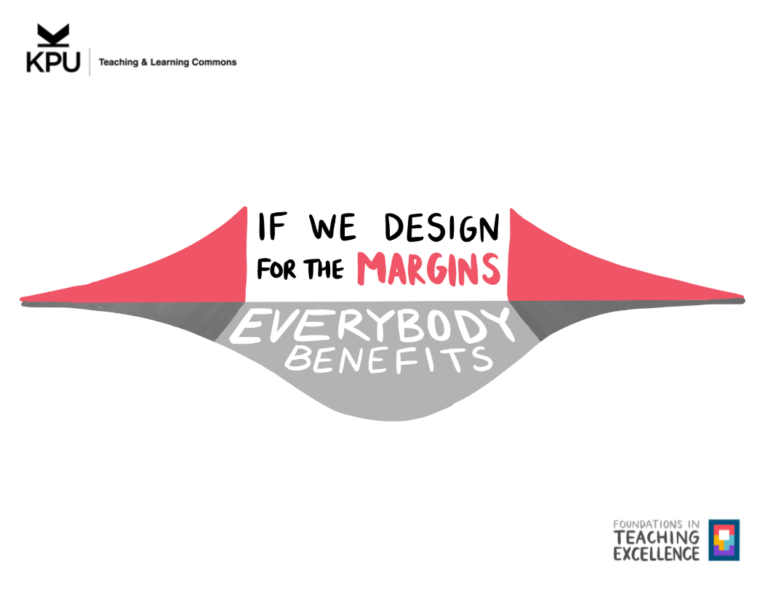Impact, Ability, Alignment, and Imperfection: Making Pedagogical Decisions
As I near the end of my time in the Teaching and Learning Commons, I am reflecting on the last two years. I have reconceptualized my role as an educator several times since April 2020, integrating new tools, enacting greater pedagogical care, and problem solving in different ways. I’ve been introduced to new methodologies and frameworks, and I’ve forged different kinds of relationship with my students, my colleagues, and myself. When I consider what I have learned, the changes I have made, and the work that I still see ahead, I find myself oscillating between feeling burnt out and motivated; I’m exhausted from two years of non-stop work and transition, but I also feel a continued desire for transformation as I once again re-think what it means to teach, research, and learn in ever-changing contexts. While my feelings may seem contradictory, I don’t think they’re particularly uncommon among educators right.
In my role as an Educational Consultant in Universal Design for Learning, I have often talked to faculty and staff about their struggle to balance student support, community-building, and innovation with already-overwhelming workloads. This is particularly true right now, when we are all trying to figure out what teaching looks like as we live and work during an unending pandemic; learn to balance face-to-face, blended, and online instructional modes; and make bigger commitments to equitable and inclusive pedagogies that honour and uphold different ways of knowing and learning. We are all also still living and teaching through climate crisis, social unrest, global conflict, and changing social and economic situations that impact our communities, our students, and our selves. In short, we see possibilities and challenges manifest within and beyond our classes every day. In response we can feel — all at once — compelled to try and address everything, and too exhausted to address anything. So, the question becomes: how do we decide what to take on?
When I think through my own decisions, I find myself considering four main factors: impact, alignment, ability, and imperfection. This framework is fluid, and it doesn’t cover everything; however, it has proven to be a useful starting place for evaluating whether I should try something new or not.
Impact:
The first thing that I think about when I consider making a change — redesigning a course or major assignment, introducing new materials or tools, or integrating a new activity — is impact. Will the impact be positive? How many students will it reach? Is the change I want to make replicable across courses and sections? Is it something I might re-use for years to come or share with others? If the change I want to make is something that could have a long-term positive ripple-effect, it is worth investment. If not, I might save it for a time when I have more energy and capacity.
Alignment:
There are a lot of different frameworks, methodologies, tools, materials, and opportunities available to us as instructors. Additionally, many of us are also thinking deeply about how to ethically engage with disability justice, anti-racism, Indigenous ways of knowing, gender and 2SLGBTQ+ rights in our classrooms. The changes required can feel overwhelming and they can even pull us in different directions. As a result, I think it’s important to consider alignment when making pedagogical shifts. I ask myself if the changes I’m trying to make can support one another? Or, am I trying to do too many disparate things all at once? For example, re-designing an assignment using Universal Design for Learning might align well with talking about different ways of knowing with my class, and integrating open resources could align well with building digital literacy. However, trying to make all those changes at once likely isn’t tenable. Thinking about alignment forces me to pick and choose and decide what is most important.
Ability:
Factors that I am considering more and more are my own workload, capacity, and well-being. I often see pedagogical changes I could make that I know would benefit students, but that I just can’t do. For example, I’m sure it would benefit my students to have the opportunity to receive feedback on drafts for every assignment, but there is simply no way I can do that for 120+ students and still be a functioning human. Similarly, there are things I would love to take on that I know I’m not ready for yet. I know it is a bad idea for me to integrate a new technological tool that I haven’t used myself, for example. So, when I consider a change, I stop and ask myself: do I actually have the time, expertise, tools, and supports to do this well? If not, what do I need to put into place now so that I can meet my goal next time?
Imperfection:
Perfection is never possible, but the stakes of trying something new are not always equal. For example, attempting a new quiz format and introducing a new module on Residential Schools come with different risks and impacts. Doing one with little time or preparation might result in a few technical glitches or a quiz re-write, while the other may result in traumatized students and a class that strengthens rather than challenges colonial narratives. As such, I think it’s important to ask: What is at stake if I do this imperfectly? Is there room for trial and error? What can I afford to get wrong and what do I need to get right? Sometimes I am willing to experiment, and sometimes I realize that it is better to wait and make sure I have everything in place first.
Balancing a desire for transformation with a need for rest and well-being is an ongoing challenge. While there are no easy answers, we can think deeply and try and be intentional about where we put our labour.
Jennifer Hardwick
Jen is passionate about ensuring access and supports for learners who face barriers. She has spent the last 15 years teaching diverse students in large lecture halls, small seminars, academic bridging programs, Writing/Learning Centres, online environments, and co-curricular and community programs She loves to problem solve and work collaboratively, and is keen to provide resources and supports to faculty as they adopt and practice Universal Design for Learning (UDL). She also welcomes conversations and consultations about intersecting fields such critical, digital, open, and decolonial pedagogies.






